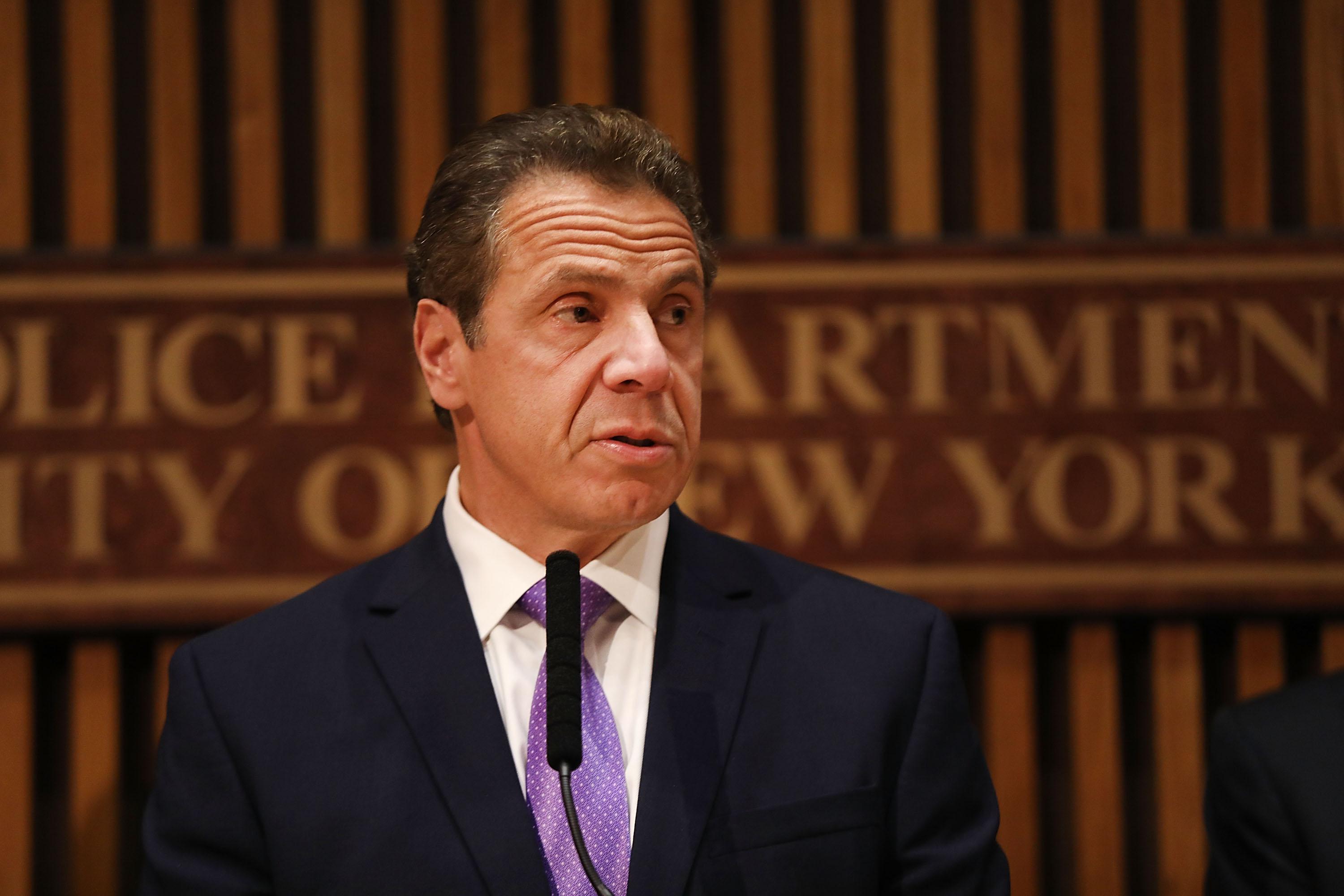The battle over the future of the internet is far from over. The Federal Communications Commission finalized its rules stripping away network neutrality protections in December, effectively giving the green light to internet providers like Comcast and AT&T to charge websites to reach users at faster speeds, or even block websites from being able to reach internet subscribers at all. Ever since, state and local politicians and public interest groups have been preparing lawsuits and legislation to restore network neutrality. (Not to mention an earnest, if tragically unlikely, attempt by Democrats in congress to repeal the FCC’s rules with a vote in the House and the Senate.)
This week, the states of Montana and New York are fighting back with a new, and somewhat unexpected, tactic: The governors of both states issued executive orders requiring all internet providers that provide services to the state government to adhere to the principles of network neutrality. That means, for those government services, no blocking websites, no slowing down or speeding up websites, and no charging users to reach certain websites instead of offering the whole internet.
In New York starting on March 1, according to the executive order Gov. Andrew Cuomo signed on Wednesday, all new state contracts and renewed contracts with internet service providers must include an agreement to abide by network neutrality practices. On Monday, the governor of Montana, Steve Bullock, signed a similar executive order, which goes into effect on July 1 and was the first of its kind since the FCC finalized its repeal. Both the Montana and New York effectively require internet providers that do business with the states to not block or charge to access websites for faster access to any consumer in the state either, thereby attempting to restore the internet fairness rules to Bullock’s and Cuomo’s constituents.
The moves may very well be challenged in court. The FCC’s network neutrality rules include a provision that pre-empts states from creating their own network neutrality laws that would reinstate any of the regulations that the agency repealed. Still, if states want to try to enforce network neutrality protections on their own, deciding which providers they spend taxpayer dollars on could be a pretty smart way to go about it.
“It would be a broad assertion of pre-emption power to say that the FCC’s decision to not impose network neutrality rules means that states can’t decide who they can’t to do business with,” says Tejas Narechania, a law professor at the University of California, Berkeley who focuses on telecommunication regulation. Still, Narechania says the FCC’s rules clearly state that the agency doesn’t want state and local governments to do any kind of end-run around the network neutrality repeal, which these executive orders could be interpreted as doing.
FCC attempts to pre-empt state laws haven’t always held up in court. The 2015 network neutrality order that the FCC repealed last December originally attempted to pre-empt state laws that prevented municipal broadband projects from extending and growing their networks. That was struck down in 2016, since the FCC traditionally doesn’t have the authority to overturn state laws. In this more recent case, though, with states trying to restore network neutrality rules, state laws aren’t being overturned by the FCC. The FCC already asserted that local and state governments can’t make their own network neutrality rules.
States have massive contracts with internet providers to serve schools, police, the post office, and other public services. And using those contracts as leverage to impose certain rules of the road for doing business in the state could pressure large internet providers to eschew pay-for-play services even if they’re legally allowed to offer them. But having network neutrality in one state but not nationwide makes for tricky implementation, since the internet is borderless, and internet providers might find that they make more money by not abiding by net neutrality nationwide then by providing a special service just for one state’s government contracts. That could mean government contracts go to smaller internet providers who are willing to adhere to network neutrality principles. Or in the worst and most unlikely case, if no internet provider is willing to not block or throttle access to websites, it could leave state services that need internet subscriptions without anyone to do business with.
Whatever happens, 2018 is going to be an intense year in the ongoing battle about how people are allowed to access the internet.
